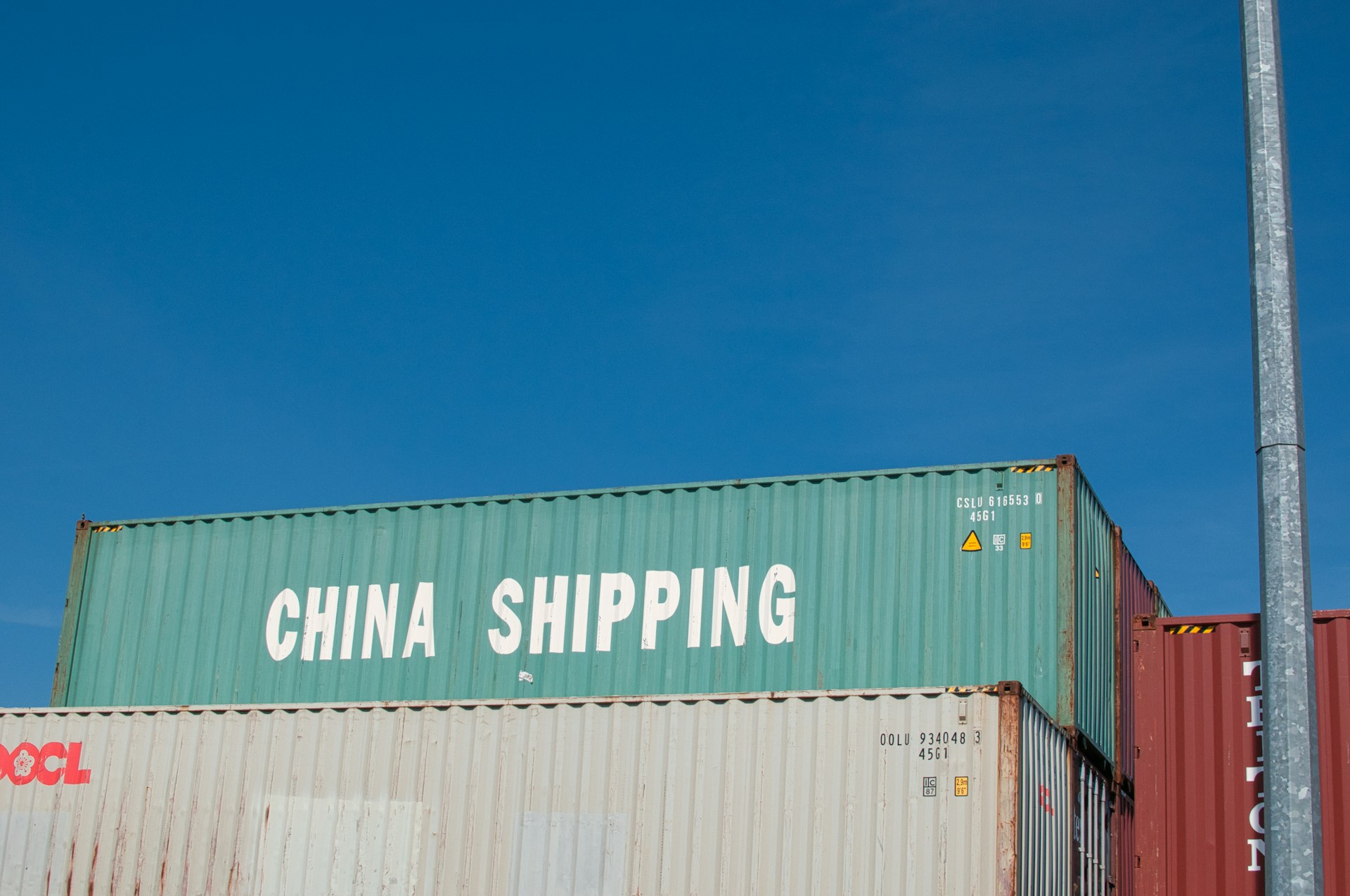Article: Navigating Emerging Market Logistics: Latest News & Trends
Emerging markets are the frontier of economic growth, and efficient logistics play a pivotal role in facilitating this growth. From the bustling streets of Mumbai to the ports of Lagos, navigating the complexities of emerging market logistics requires adaptability, innovation, and foresight. In this article, we’ll delve into the latest news and trends shaping the landscape of logistics in emerging markets, equipping you with insights to navigate these dynamic environments successfully.
1. Introduction
Importance of Emerging Market Logistics
Emerging markets represent regions with rapid economic growth potential, such as parts of Asia, Africa, and Latin America. The logistics infrastructure in these markets is vital for connecting producers with consumers, enabling trade, and driving economic development.
Definition of Emerging Markets
Emerging markets are characterized by factors such as rapid industrialization, urbanization, and technological advancements. These markets offer opportunities for businesses to expand their reach and tap into new consumer bases.
2. Challenges in Emerging Market Logistics
Navigating logistics in emerging markets comes with its fair share of challenges, including:
Infrastructure Issues
Many emerging markets lack adequate transportation infrastructure, including roads, railways, and ports. This deficiency can lead to delays, increased costs, and logistical bottlenecks.
Regulatory Hurdles
Navigating complex regulatory environments, including customs procedures and trade regulations, can be daunting for businesses operating in emerging markets. Compliance with local laws and regulations is essential but can pose significant challenges.
Cultural and Language Barriers
Diverse cultural norms and languages present communication challenges in emerging markets. Understanding local customs and languages is crucial for effective logistics management and building trust with stakeholders.
3. Latest Trends in Emerging Market Logistics
To overcome these challenges and capitalize on opportunities, companies are adopting innovative strategies and leveraging the latest trends in emerging market logistics, including:
Technology Integration
The integration of technology, such as Internet of Things (IoT) devices, artificial intelligence, and blockchain, is revolutionizing logistics in emerging markets. These technologies enhance supply chain visibility, optimize route planning, and improve efficiency.
Sustainability Initiatives
Sustainability is becoming increasingly important in emerging market logistics. Companies are implementing eco-friendly practices, such as using renewable energy sources, reducing carbon emissions, and minimizing waste, to mitigate environmental impact and meet consumer demand for sustainable products.
Outsourcing and Partnerships
Outsourcing logistics operations to third-party providers and forming strategic partnerships with local companies can help businesses navigate the complexities of emerging markets more effectively. These collaborations provide access to local expertise, resources, and networks, facilitating smoother operations.
4. Case Studies
Examining real-world examples of successful logistics solutions in emerging markets can provide valuable insights and lessons learned for businesses:
Successful Logistics Solutions in Emerging Markets
-
Case Study 1: Amazon’s Expansion in India
- Amazon successfully navigated India’s complex logistics landscape by investing in infrastructure, technology, and local partnerships.
-
Case Study 2: Maersk’s Operations in Africa
- Maersk implemented innovative solutions, such as mobile-based tracking systems and port automation, to streamline logistics operations in African markets.
Lessons Learned
These case studies highlight the importance of adaptability, innovation, and strategic partnerships in overcoming logistical challenges in emerging markets. By learning from these experiences, businesses can develop effective strategies for success.
5. Future Outlook
Looking ahead, the future of emerging market logistics is promising yet complex. Some key trends and predictions include:
Predictions and Projections
- Continued investment in infrastructure development to improve connectivity and efficiency.
- Greater adoption of digital technologies to enhance supply chain visibility and agility.
- Increased focus on sustainability and environmental responsibility in logistics operations.
Opportunities for Growth
Despite the challenges, emerging markets present significant opportunities for growth and expansion. By embracing innovation, collaboration, and sustainable practices, businesses can unlock the full potential of these dynamic markets.
6. Conclusion
In conclusion, navigating emerging market logistics requires a combination of strategic planning, innovation, and adaptability. By understanding the challenges, embracing the latest trends, and learning from successful case studies, businesses can successfully navigate the complexities of logistics in emerging markets and capitalize on the opportunities for growth.
FAQs (Frequently Asked Questions)
1. What are emerging markets? Emerging markets are economies that are transitioning from developing to developed status, characterized by rapid industrialization and economic growth.
2. Why is logistics important in emerging markets? Logistics is crucial in emerging markets for connecting producers with consumers, facilitating trade, and driving economic development.
3. How can businesses overcome regulatory hurdles in emerging markets? Businesses can overcome regulatory hurdles in emerging markets by conducting thorough research, building relationships with local authorities, and ensuring compliance with laws and regulations.
4. What role does technology play in emerging market logistics? Technology plays a significant role in emerging market logistics by enhancing supply chain visibility, optimizing route planning, and improving efficiency.
5. What are some key trends shaping the future of emerging market logistics? Key trends shaping the future of emerging market logistics include technology integration, sustainability initiatives, and strategic partnerships.

